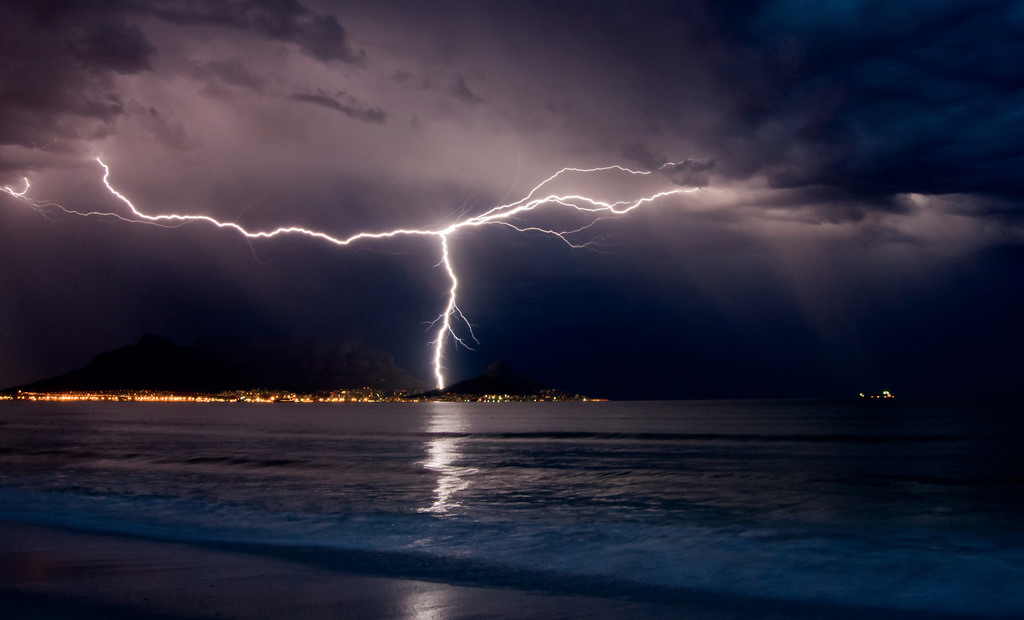I once attended a conference about archival practice and methodology where someone presented a paper titled “Ensistering Derrida.” There were other papers with ludicrous titles, my own among them. I texted a picture of the conference schedule to a friend, and he wrote back that the whole thing looked like something someone had made up in order to mock the humanities. Unfortunately, no. “Ensistering Derrida” was real, and I listened to the whole thing without understanding a single word. I say this truthfully: I could not discern even the vaguest outline of what he was talking about. Everyone else could, however. Everyone else taking notes and nodding with their whole upper bodies and making avidly quizzical faces. Me trying to google “did Derrida have a sister” while angling my laptop so no one could see what I was doing. The paper ended, finally, and I waited for the kinds of questions you might expect from a group of people who read Deleuze and Guattari for fun.
The most assiduous nodder shot his hand up first. I think we need to be careful, he said. People say stuff like this a lot at these kinds of events. I waited to be warned off doing something I was unlikely to embark upon, because I had no idea what was happening, or what people could possibly be making notes about. We need to be cautious, he said, and avoid buying into the myth of South African exceptionalism. Ah. Everyone started nodding their whole bodies off, and me too, because while I did not know what ensistering Derrida means, I did know that the Myth of South African Exceptionalism is a popular subject of discussion at many academic conferences in this country, and that I would be able at last to follow along. I knew what people were going to say: We need to avoid thinking of ourselves as special, or superior, or especially interesting, or We need to find a way of talking about apartheid not as uniquely depraved and evil and perverted, but as primarily an economic policy implemented by a white minority intent on maintaining power. We need to stop thinking of ourselves as uniquely screwed up, or uniquely worth talking about, and start placing discussions about South Africa in the wider context of how capitalism has fucked every last one of us over big time. We aren’t special.
I don’t know how to argue against this. Everyone thinks that they live in the most interesting country in the world. Someone right now is reading the news in Canada and marvelling at the bewildering complexity of it all. Everyone, every day, reads something about the place where they live and wonders why it isn’t the biggest story on the planet. I do understand this, because I am not five years old. But living in South Africa can make it hard to internalise this basic fact, no matter what goes down in the question-and-answer sessions at academic conferences. At the peak of the water crisis earlier this year, when it seemed like the wheels were really about to come totally off, social cohesion–wise, I was told by more than one foreign journalist that I was lucky. Lucky to be living in a city that was just about to become the biggest story in the world. Lucky, more generally, to be living in a country where terrible things were always, always happening—terrible things that needed to be written about. They weren’t horrible people, these journalists—they were just doing their jobs, following the big story, and confirming my unshakeable conviction that I live in the strangest, most interesting, most special, most uniquely fucked, most outlandishly exceptional country on earth. I know that this is not true, or rather that this conviction is held by just about everyone who has ever been alive. Still. Every time a South African story makes it into international headlines, every time the whole world turns to look at us, I think, Jesus, finally. Finally this world is getting some perspective.
It doesn’t work like that though, obviously. Yesterday, this happened, and I do not understand how it is not on the front page of every newspaper there is. I don’t understand how anyone is talking about anything else. If I was the kind of person able to understand what ensistering Derrida means, I would be able to use this observation to make some kind of wider point about American cultural imperialism, or about the way we consume news now, or about the atomisation of society. I am not. Just, today, a person walking around with a piece of mind-bendingly appalling information, knowing that everyone feels like this about something, all the time, and wondering how all of us haven’t gone completely insane.






